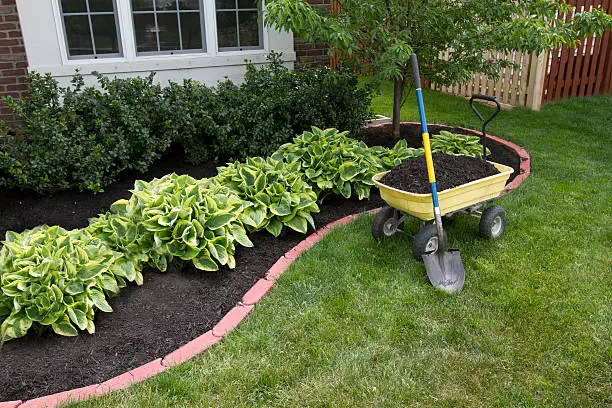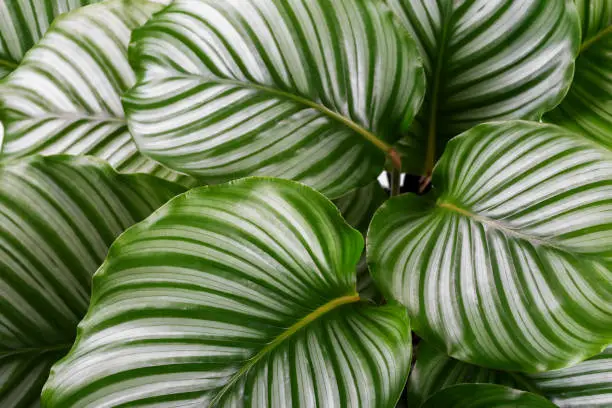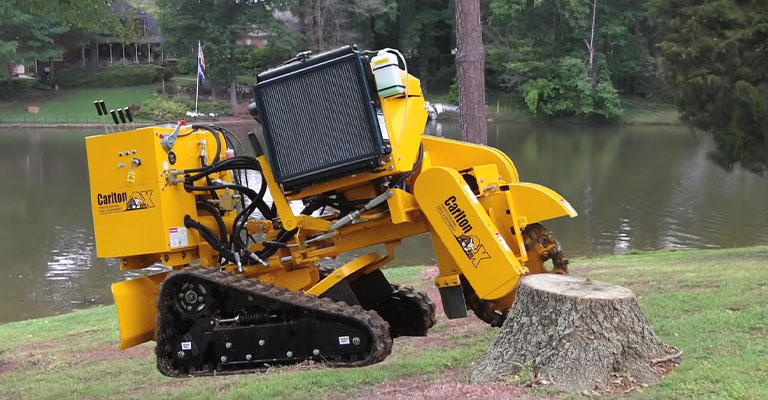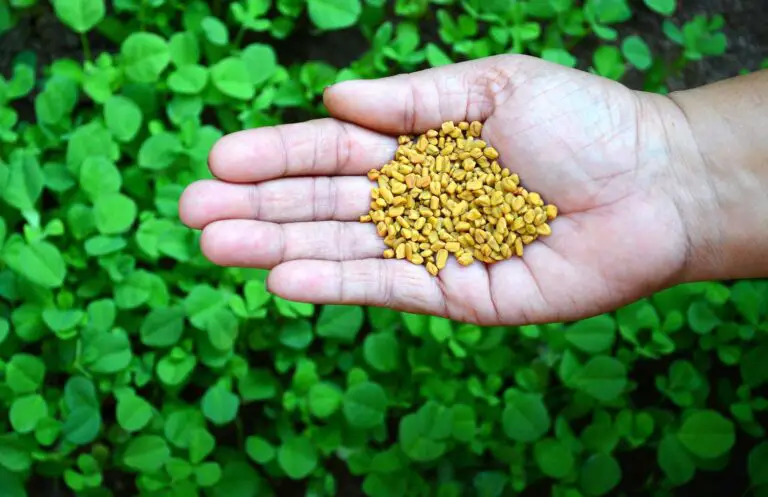Mulch Magic: How to Revitalize Your Soil and Plants with the Right Choice
Regardless of whether you’re a gardening enthusiast or a seasoned horticulturist, you most likely understand the importance of healthy soil in cultivating strong plant growth.
A common strategy for achieving this is the use of mulch. Mulching is not just about aesthetics; it’s a powerful tool that can work wonders for your garden.
So, in this article, we decided to take a closer look into mulch and explore how choosing the right type can revitalize your soil and plants and help you create a flourishing and vibrant garden.
The Basics of Mulching
Before we discuss the different types of mulch, let’s understand the basics of mulching. Mulch is a protective layer of material that is applied to the surface of the soil. It serves various purposes, such as conserving soil moisture, suppressing weeds, regulating soil temperature, and improving overall soil fertility.
Mulching is a versatile practice that can be applied to both flower beds and vegetable gardens, as it acts as a natural insulator, protecting plant roots from extreme temperatures and fluctuations.
Additionally, mulch helps prevent soil erosion by reducing the impact of raindrops on the soil surface.
Choosing the Appropriate Mulch
Selecting the right mulch for your garden is crucial for its effectiveness. There are various types of mulch available, each with its unique set of benefits, and here are some popular options:
Organic Mulch
- Composed of natural materials like bark, straw, leaves, and compost.
- Enhances soil fertility as it decomposes over time, releasing valuable nutrients.
- Regulates soil temperature and retains moisture.
- Ideal for vegetable gardens and flower beds.
Inorganic Mulch
- Includes materials like gravel, stones, and rubber.
- Provides long-lasting weed control and doesn’t decompose.
- Reflects sunlight, preventing soil from overheating.
- Suitable for areas where a more permanent solution is desired.
Wood Chips
- Derived from shredded or chipped wood.
- Decomposes slowly, enriching the soil with organic matter.
- Excellent for moisture retention and weed suppression.
- Adds an attractive aesthetic to the garden.
Straw or Hay
- Lightweight and easy to spread.
- Ideal for vegetable gardens, promoting a healthy environment for root vegetables.
- Decomposes relatively quickly, providing a steady supply of nutrients.
- Acts as an effective weed barrier.
Grass Clippings
- An excellent way to recycle green waste from your lawn.
- Rich in nitrogen, promoting healthy plant growth.
- Decomposes rapidly, contributing to soil structure.
- Used in thin layers to prevent matting.
Now, after carefully evaluating each mulch option to determine the most suitable choice for your garden, conducting a quick search using the phrase “mulch for sale near me” can assist you in locating a company that can conveniently deliver the product to your doorstep.
The Advantages of Using Mulch
Moisture Conservation
Mulch serves as a barrier, effectively preventing water evaporation from the soil surface. This property contributes to the conservation of moisture, ultimately reducing the need for frequent watering.
This is particularly useful in hot summer months or regions prone to drought, ensuring that plants remain adequately hydrated.
Weed Suppression
When applied thoughtfully, mulch creates a physical barrier that prevents weed growth. It not only suppresses weed germination by blocking sunlight but also reduces competition for nutrients.
This ensures that your plants receive the full benefit of the available nutrients, improving their health and growth.
Soil Temperature Regulation
Mulch plays an important role in regulating soil temperature. By insulating the soil, it prevents extreme temperature fluctuations. During the summer, it helps keep the soil cool, and in the winter, it provides insulation.
This protective measure shields plant roots from the stresses induced by temperature extremes, promoting a stable and favorable environment for plant growth.
Nutrient Enrichment
Organic mulches contribute to nutrient enrichment as they decompose over time. Through this natural process, essential nutrients are released into the soil, improving its structure and fertility.
The result is a nutrient-rich environment that promotes healthier and more robust plant growth, making your garden the perfect outdoor space.
Disease Prevention
Mulch acts as a protective barrier against soil-borne diseases, helping to prevent their occurrence. By reducing the likelihood of pathogens splashing onto plant leaves during rain, mulch creates a cleaner and healthier environment for your plants.
This preventative measure contributes to the overall well-being of your garden and the longevity of your plants.
Tips for Effective Mulching
To make the most of mulching, consider the following tips:
Proper Application
- Apply mulch in a layer about 2-4 inches thick, ensuring it covers the entire root zone of your plants.
- Leave a small gap around the base of trees and plants to prevent rot.
Regular Monitoring
- Check the mulch periodically to ensure it hasn’t compacted or formed a barrier preventing water penetration.
- Top up mulch as needed, especially in areas where it may have decomposed.
Seasonal Adjustments
- In cooler climates, consider using a thicker layer of mulch to provide extra insulation during winter.
- In warmer regions, adjust the thickness to prevent excess moisture retention that might lead to root rot.
Mulch Selection
- Choose a mulch type based on your garden’s specific needs and aesthetic preferences.
- Experiment with different types to see which works best for your plants and soil.
Conclusion
Mulch, often overlooked as a mere landscaping accessory, is actually very important for your garden.
By choosing the right mulch and applying it strategically, you can transform your soil into a nutrient-rich space and create an optimal environment for plant growth.
Whether you’re a seasoned gardener or a newbie with a green thumb, it might be smart to use the power of mulch to revitalize your garden and witness the incredible results of a thriving, lush landscape.







